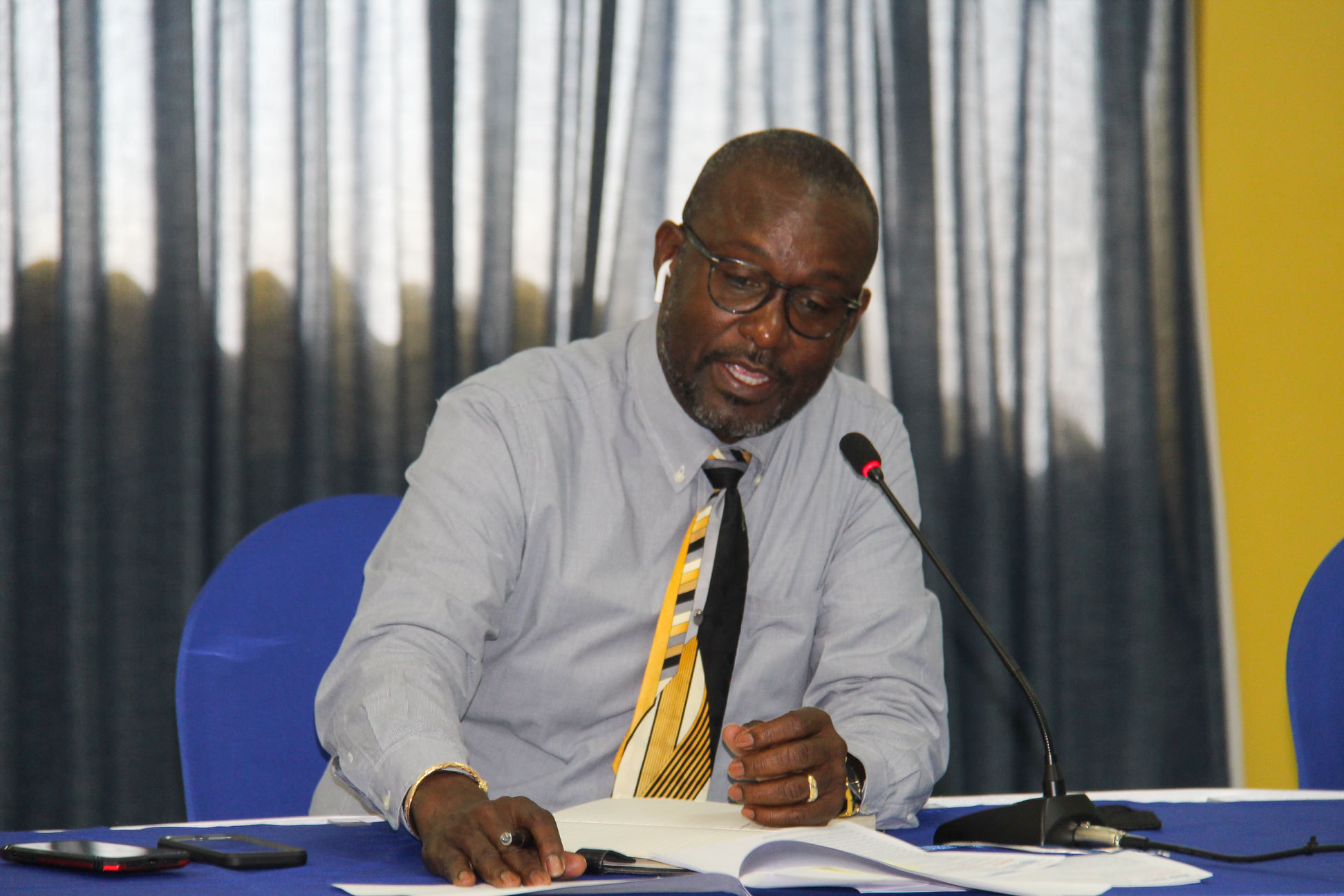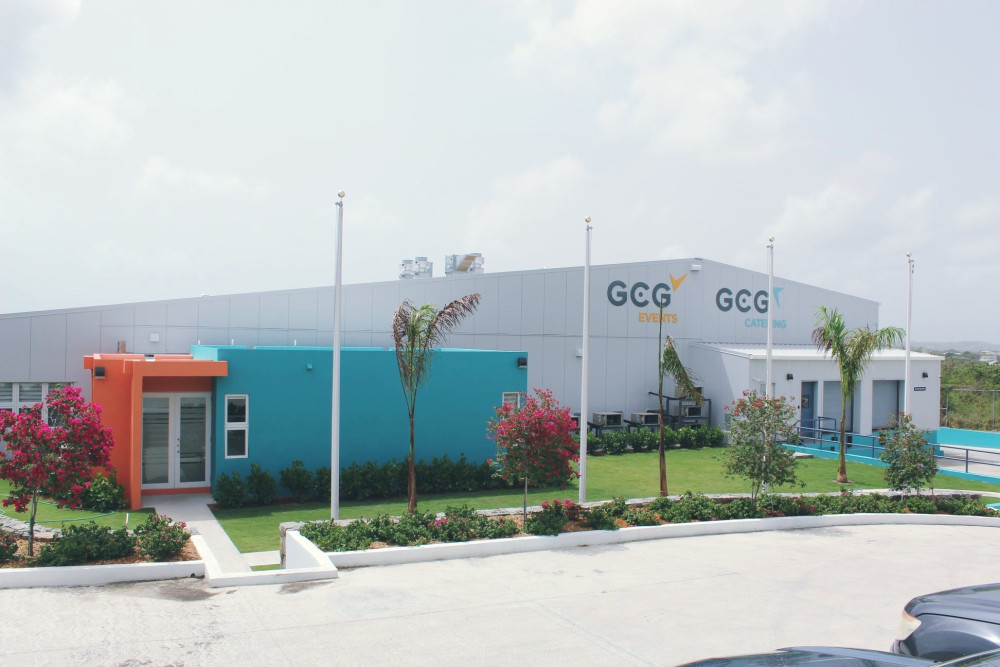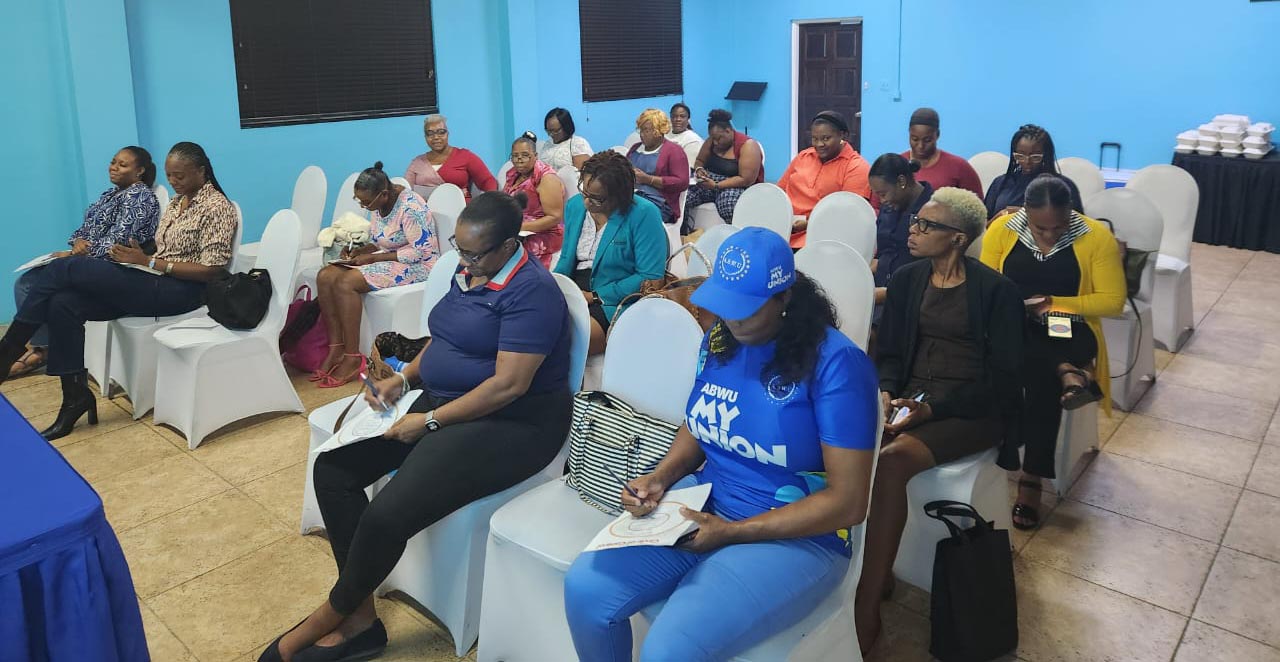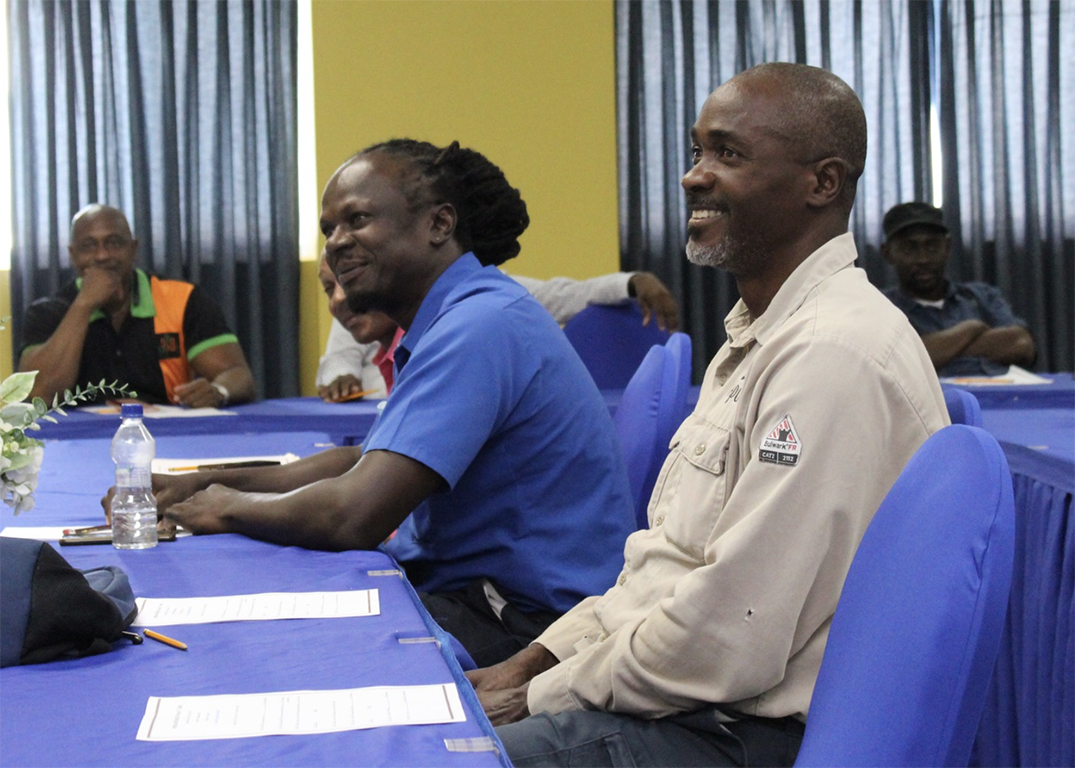Toxic workplace cultures are taking a heavy toll on both productivity and health in Antigua and Barbuda, according to clinical psychologist Fiona Charles-Richards, who urged employers and employees alike to confront the issue head-on.
Speaking at the Antigua and Barbuda Workers’ Union’s (ABWU) forum on stress and mental health, Charles-Richards said unhealthy environments often begin with seemingly minor conflicts that go unresolved.
Left unchecked, these disputes evolve into entrenched divisions that undermine morale, collaboration, and performance.
Charles-Richards, who serves as Director of the Family and Social Services Division, warned that prolonged exposure to toxic conditions is more than just an inconvenience—it can contribute to serious health problems.
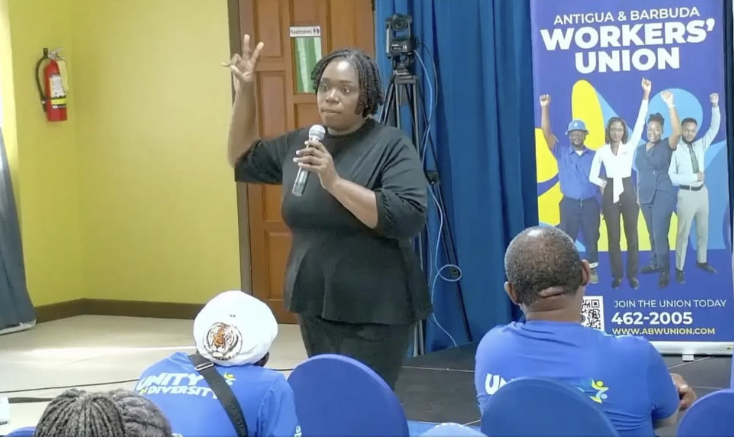
She explained that chronic stress leads to elevated cortisol levels, which are linked to hypertension, diabetes, and even cancer.
“Productivity falls when tension dominates the workplace,” she told delegates, emphasising that the damage extends far beyond the office, affecting family life and long-term well-being.
Charles-Richards outlined a framework for addressing workplace toxicity:
- Start with the individual – employees must adopt healthy mindsets, practice resilience, and take responsibility for their own self-care.
- Give situations a voice – open, constructive dialogue is essential to resolving disputes before they spiral.
- Hold institutions accountable – organisations must adopt clear policies and create environments where psychological safety is a priority.
If these steps fail, she cautioned, workers should not feel powerless. Walking away from a toxic job, though difficult, can be the healthiest option.
Charles-Richards’ call for reform comes with decades of experience in public service.
She has spearheaded rehabilitation initiatives such as REACH (Rehabilitative Alternative Approaches for Children) and DIVES (Diverting Individuals via Education and Support), as well as leading the transformation of the Dennis Bowers Rehabilitation Centre.
Her message to the labour movement was that the same principles of restorative practice and resilience-building must now be embedded in workplaces.
She also highlighted the role of self-care in countering toxicity, encouraging workers to manage stress through healthier habits and awareness of how the body reacts to prolonged pressure.
“In order for you to take care of your families and pay those bills, it starts with you,” she reminded participants.
For Charles-Richards, tackling toxic workplaces is not just about personal growth but about reshaping organisational culture across Antigua and Barbuda.
She called for policies that foster respect, communication, and wellness as central to the future of work.

